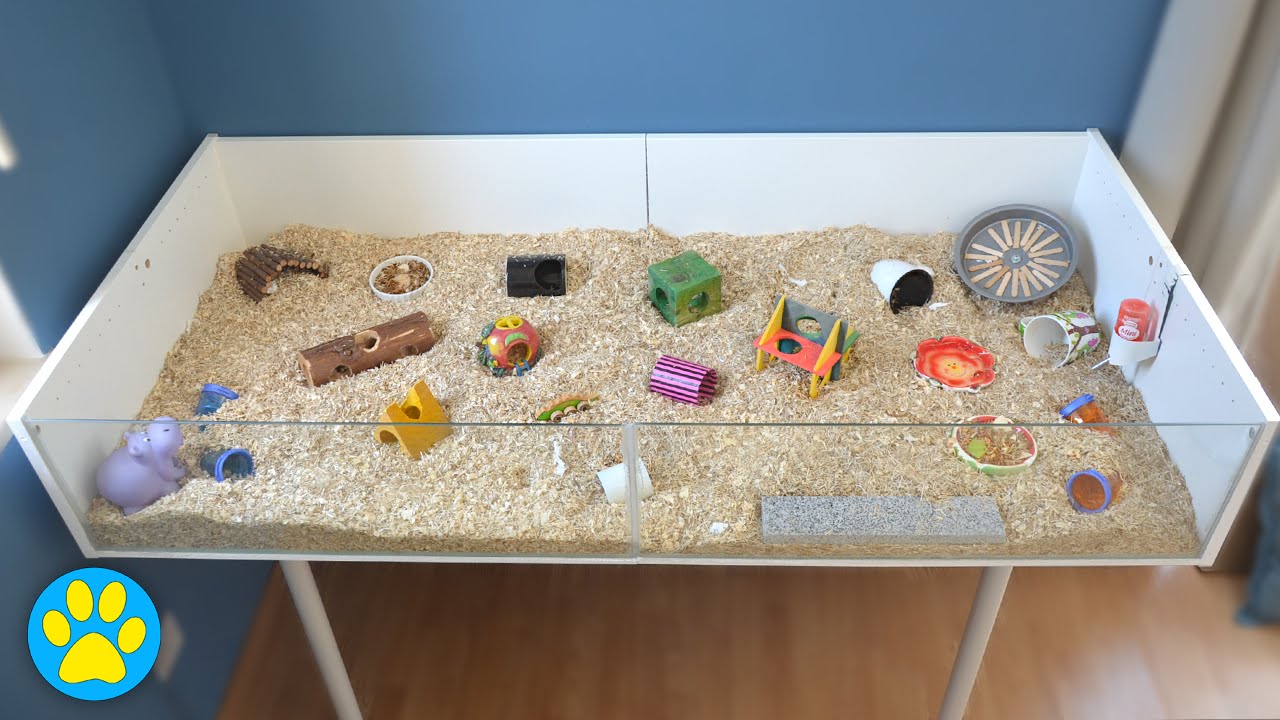
Effective Ways to Manage Wild Rabbit Poop: Keep Your Garden Healthy in 2025
Managing wild rabbit poop effectively is crucial for maintaining a healthy garden and promoting the well-being of local ecosystems. As wild rabbits can thrive in various habitats, understanding their droppings gives us insight into their health and behavior. Healthy rabbit poop indicates good gastrointestinal health, while abnormalities signal potential dietary deficiencies or illnesses. This article explores the essentials of managing wild rabbit feces, including rabbit diet effects, analyzing droppings, and preventive care tips for your garden and the rabbits themselves.
The effective management of rabbit droppings not only keeps gardens clean but also helps in understanding rabbit behavior and maintaining biodiversity. By analyzing rabbit poop consistently, you can acquire valuable insights into their diet and health patterns. Prepare to dive into key practices and theories surrounding rabbit waste management, focusing on healthy droppings and the significance they hold in both gardening and rabbit health.

Essential Strategies for Assessing Rabbit Droppings
An effective understanding of wild rabbit poop starts with assessing its characteristics. Rabbit droppings can vary significantly based on their diet, hydration levels, and health conditions. It’s crucial to recognize these variations to ensure your garden remains healthy.
Recognizing Normal Rabbit Droppings
Normal rabbit droppings are small, round pellets typically measuring about 0.5 to 1 inch in diameter. They should have a slightly shiny outer layer and be rich in fiber. A healthy rabbit produces approximately 200 to 300 droppings daily. Noticing the regularity and consistency of these rabbit feces can provide insights into their overall health and well-being.
Identifying Abnormal Rabbit Poop
Abnormal rabbit droppings may appear misshapen, smaller, or larger than usual. If the pellets are too dry, it may indicate dehydration, while excessively wet feces can signify gastrointestinal issues. Understanding these patterns allows for early detection of potential health problems in wild rabbits.
Rabbit Poop Color Indicators
The color of rabbit feces also serves as an important health indicator. Healthy rabbit droppings should be dark brown in color. A distinct change in color can indicate dietary issues or health problems. For example, if the droppings appear green, it could mean the rabbit is consuming excess greens or has digestive disturbances.
Incorporating these assessment techniques into your gardening routine not only aids in the care of wild rabbit populations but also bolsters the health of your garden by allowing for informed interventions.
Understanding Rabbit Digestion for Healthier Gardens
The digestive process of rabbits plays a pivotal role in the characteristics of their droppings. Wild rabbits have unique feeding patterns that directly affect their droppings' quality and quantity. By understanding how rabbit digestion works, we can better appreciate the relationship between their diet and the state of our gardens.
The Digestive System of Wild Rabbits
Rabbits are lagomorphs, meaning they are adapted to a herbivorous diet rich in fibrous plants. Their digestive systems are designed to extract maximum nutrients from these foods. The cecum plays a critical role in fermenting plant materials, a process that significantly influences rabbit poop characteristics.
The Role of Fiber in a Rabbit’s Diet
Fiber is essential for proper digestion in rabbits. A diet low in fiber often leads to poor-quality droppings and increases the risk of gastrointestinal stasis. By ensuring that wild rabbits have access to a fibrous diet, you'll not only promote healthy droppings but also discourage foraging damage to your garden.
Impact of Seasonal Changes on Rabbit Poop
Seasonal changes affect rabbit diets, leading to variations in fecal output. During spring and summer, rabbits tend to consume more fresh greens, resulting in more moist droppings. In contrast, winter diets primarily consist of dried grasses, leading to drier feces. Observing these differences helps in understanding rabbit behavior and managing your garden accordingly.
These insights create a comprehensive understanding of how rabbit nutrition affects poop consistency and garden health. Knowledge of these aspects can significantly enhance strategies for managing rabbit droppings effectively.

Effective Waste Management Practices for Rabbits
Implementing effective waste management practices is vital for both wildlife conservation and garden health. Proper management of wild rabbit droppings not only benefits your plants but also preserves the health of the rabbit population.
Creating a Rabbit-Friendly Garden
To create a garden that accommodates wild rabbits, you should consider introducing native plants that provide both habitat and food sources. Establishing a diverse plant population not only attracts rabbits but also promotes their health and encourages them to defecate in designated areas, which helps in managing rabbit waste efficiently.
Utilizing Rabbit Droppings as Fertilizer
Rabbit droppings are excellent organic fertilizer due to their high nitrogen content. By collecting the droppings and composting them, you can create nutrient-rich compost that enhances soil health. This method not only promotes sustainable gardening but also minimizes waste.
Implementing Hygiene Practices
Maintaining hygiene in your garden areas where rabbits frequent is vital. Regularly cleaning up droppings prevents the spread of parasites and diseases. Use gloves while handling droppings, and wash hands thoroughly afterward. Implementing these hygienic practices fosters a healthier environment for both rabbits and garden life.
By mastering these waste management techniques, you can significantly reduce the impact of wild rabbit droppings while enhancing the ecological balance in your area.
Analyzing Rabbit Feces for Health Monitoring
Regularly analyzing rabbit feces is essential for monitoring their health and identifying potential issues early. This practice can vastly improve the welfare of wild rabbit populations and inform garden management strategies.
Conducting a Fecal Examination
To begin the analysis, collect a sample of rabbit droppings and observe their size, shape, and consistency. Utilize clear plastic bags for sample collection and label them correctly for better tracking. Analyzing these samples can help identify hydration levels and dietary sufficiency in wild rabbits.
Health Diagnostics through Rabbit Droppings
Fecal analysis can reveal plenty about a rabbit's health. For instance, evaluating droppings for the presence of parasites or abnormal bacteria can signal underlying health issues. Regular monitoring can lead to timely interventions that ensure both rabbit health and garden sustainability.
Connecting Rabbit Health to Garden Productivity
Ultimately, understanding the relationship between rabbit droppings and health conditions can enhance garden productivity. A thriving rabbit population contributes to nutrient recycling through their waste, improving garden soil and health in the long run. Monitor their droppings attentively to ensure that conditions remain optimal.
Q&A: Common Questions about Rabbit Poop Management
What should I look for in rabbit droppings to determine health?
Look for normal rabbit droppings that are small, round, and dark brown. Changes in size, shape, and color can indicate dietary issues, hydration levels, or health conditions. Regular observation helps in quick detection of abnormalities.
Can rabbit droppings harm my garden?
While rabbit droppings are beneficial as organic fertilizer, excessive amounts can lead to nutrient imbalances. Proper management techniques, such as composting and cleaning, can mitigate potential harm while enhancing the garden's nutrient profile.
How does rabbit behavior affect their feces?
Understanding rabbit feeding patterns and watering habits directly correlates with their droppings' quality. Healthier diets and adequate hydration result in normal droppings, whereas poor dietary choices may lead to abnormalities that signal dietary deficiencies.
Utilizing the information shared in this guide will enable you to effectively manage wild rabbit poop, ensuring that your garden remains healthy and vibrant while promoting the well-being of wild rabbit populations.